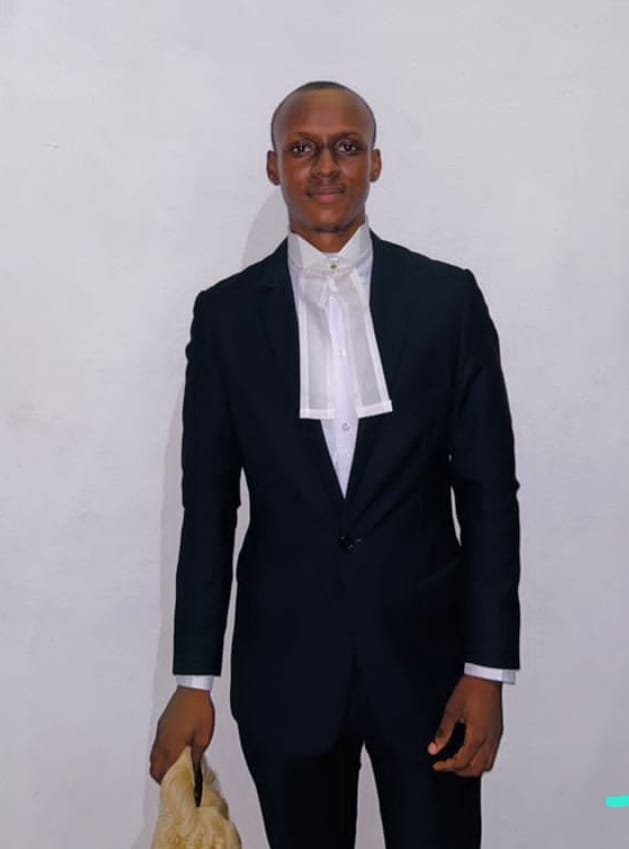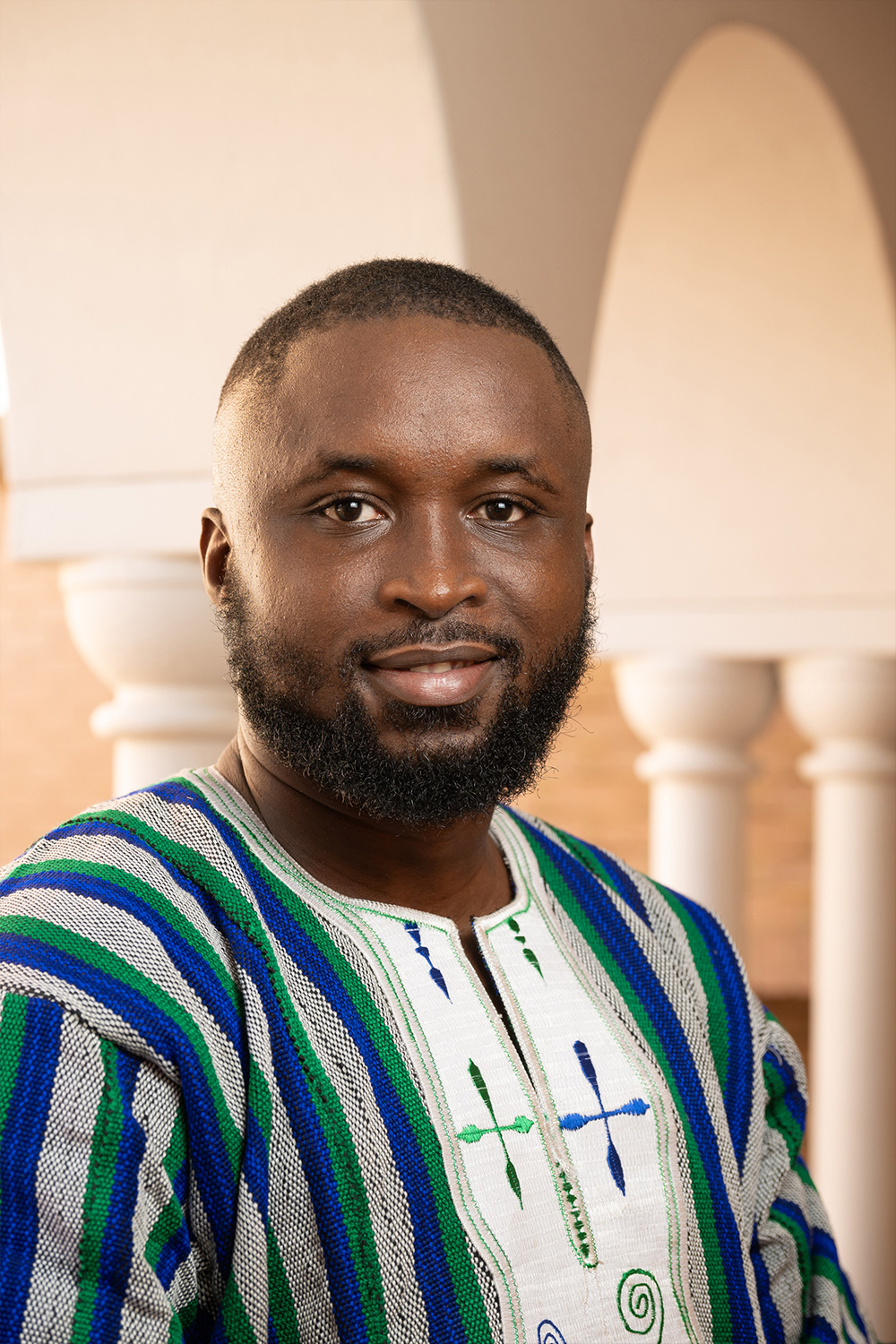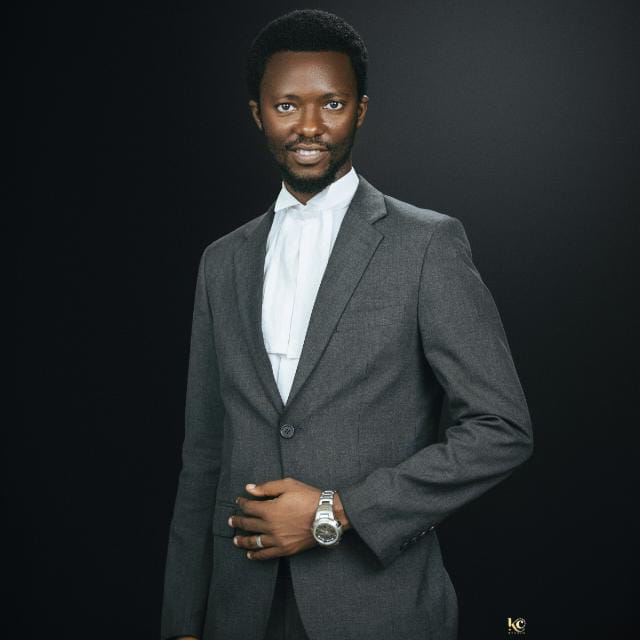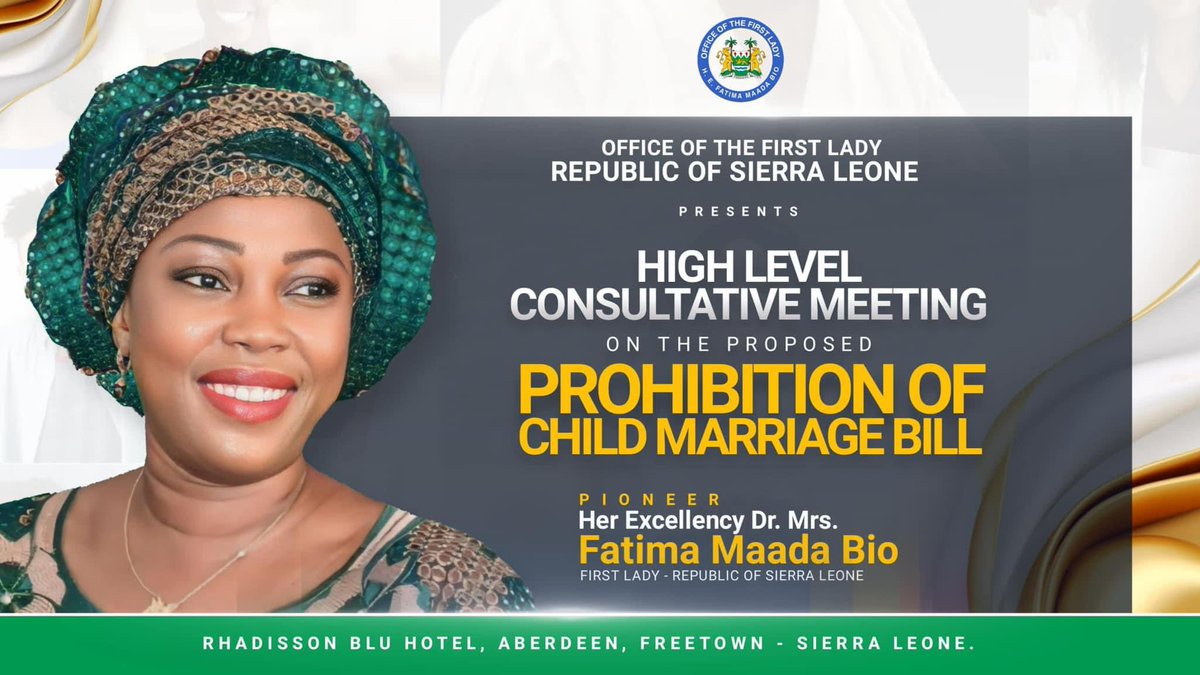In the dynamic legal landscape of Sierra Leone, lawyers find themselves at a crossroad where advertising rights intersect with the responsibility to uphold professional standards. This article delves into the complex interplay of freedom of expression, commercial interests, and ethical considerations inherent in legal advertising. It aims to unravel the ongoing struggle faced by emerging lawyers in Sierra Leone as they navigate the delicate balance between traditional professionalism and the pursuit of economic success, against the backdrop of modern communication channels.
At the heart of this ethical dilemma lies the imperative to preserve the integrity and credibility of the legal profession. Historically, advertising legal services was deemed unethical, rooted in the belief that it could compromise professionalism and erode the trust integral to legal practice. The prohibition aligns with the Code of Conduct 2011 in Sierra Leone, emphasizing reliance on established clientele and reputation over aggressive self-promotion.
The advent of social media has revolutionized how lawyers promote their services. Platforms like Twitter, Facebook, and LinkedIn provide a powerful means to reach a broad audience, enabling lawyers to expand their client base and enhance accessibility. However, the use of social media in legal advertising demands responsible conduct to mitigate ethical pitfalls.
Critics argue that advertising may compromise a lawyer’s dignity, expose economic motives, and tarnish the esteemed public image of the legal profession. The concern is that extensive advertising could commercialize and sensationalize legal services, potentially creating inequities favoring financially advantaged lawyers.
In today’s intensely competitive legal environment, lawyers face the dual challenge of pursuing economic success and attracting clients. Advertising becomes a vital tool for lawyers to effectively promote their services, expand their client base, and ensure financial stability. With a significant increase in the number of law firms and lawyers in Sierra Leone, there is a growing demand for legal expertise, necessitating a reevaluation of advertising norms.
Drawing parallels with the U.S. Supreme Court’s landmark decision in Bates v State Bar of Arizona (1977), which assessed restrictions on lawyer advertising, provides valuable insights. The Court, recognizing lawyers’ First Amendment rights, asserted that restrictions on commercial speech, including lawyer advertising, should be reasonable and narrowly tailored to prevent fraud and protect the public interest.
A noticeable shift towards modern advertising techniques in Sierra Leone, such as law firms establishing websites and lawyers engaging in modest self-promotion on social media, reflects a departure from traditional conservatism. This shift aligns with the imperative for barristers to market themselves effectively in a competitive legal market.
The ethical dilemma demands a nuanced approach that balances the need for informed access to legal services with the preservation of professional integrity. Lawyers must consider the impact of advertising on public perception, potential erosion of trust, and the risk of misleading claims. Striking this balance requires periodic guidelines from the General Legal Council, particularly regarding social media posts, to prevent the dissemination of misleading information.
As technology shapes the legal landscape, the General Legal Council must adapt to evolving ethical questions arising from technological advancements. With an increasing number of lawyers, the council’s responsibility to address ethical concerns becomes paramount, necessitating adaptive guidelines to ensure the ethical and professional conduct of lawyers in the modern era.
In conclusion, the General Legal Council plays a pivotal role in addressing the ethical challenges surrounding lawyer advertising in Sierra Leone. A proactive stance, including the development of clear guidelines, training initiatives, and effective monitoring mechanisms, will fortify the ethical fabric of legal advertising. As the legal landscape evolves and social media continues to shape communication channels, the Council’s commitment to ensuring responsible advertising practices is vital. The time is ripe for decisive action – a call to the General Legal Council to provide clear ethical guidelines and foster a professional and trustworthy legal community in Sierra Leone. The future integrity of the legal profession depends on it.
Mohamed Jalloh Esq works in the law firm of Marrah & Associates. He holds a first class LLB (Hons) degree. He is President of the National Mooting Council and was part of the team that won the Edmond Labib intercollegiate Moot Court Competition 2021 organized by ILRAJ.







